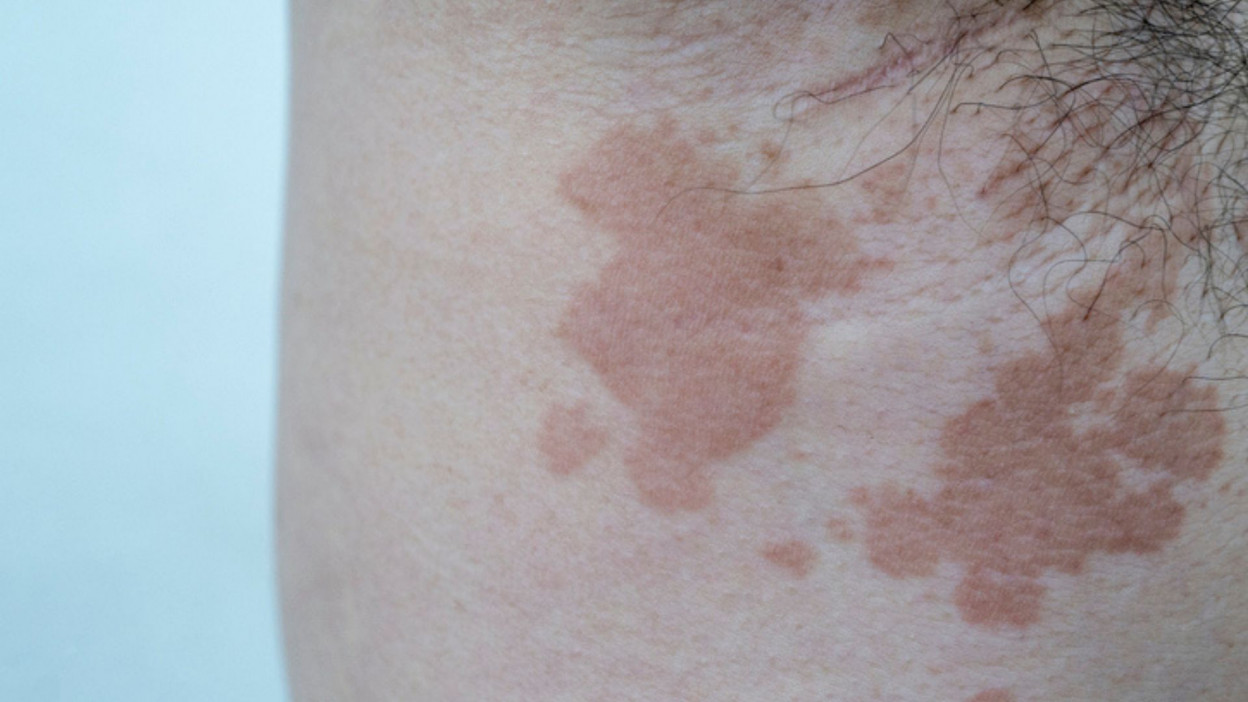Do you have spots on your skin and don’t know how they appeared? This is caused by many reasons, but one of them could be related to liver function.
Spots on the face with an unknown origin may be announcing a liver malfunction. Is important to evaluate our daily routine and what we put on our face to rule out a possible allergic reaction. These spots may mean something more serious in our organism.
It is necessary to know how to recognize which are the spots that are generated on the face and which are related to a liver disease. In addition to taking note of some tips to get rid of them and, ultimately, improve health.
Types of spots on the face due to liver malfunctioning
It is clear that not all spots on the face will indicate that there is some kind of health problem. It is necessary to begin by analyzing the different types of spots that can indicate that there is an abnormal functioning of the liver:
- Angioma: this is a spot that appears very frequently in the case of liver malfunction, especially if it is liver cirrhosis. Its appearance is red, and is produced by the effect of accumulation in the capillary vessels found in the outermost layer of the skin.
- Hemochromatosis: due to the accumulation of iron in the liver, the skin of the face becomes darker. This usually occurs when we have undergone many blood transfusions and especially in cases of alcoholism.
- Jaundice: in this case what happens is that a generalized stain appears that turns the skin to a yellowish color. It usually appears when there is liver cirrhosis, fatty liver or hepatitis, and the reason is due to increased levels of bilirubin in the blood.
How to remove skin blemishes caused by liver failure?
From a general perspective, we must keep in mind that the goal should always be to improve our health, fighting what is causing a malfunction in the liver.
If it is a disease that is developing, the solution is to act on it. So it is imperative that we do it through our trusted doctor.
However, here are some recommendations so that you can start taking care of your liver and, in this way, your skin:
- Alcohol: alcohol is one of the worst enemies of the liver, so if we observe that the types of stains described above appear, it is better to reduce or if possible completely eliminate its consumption.
- Diet: a balanced diet is essential to maintain a healthy liver. We should reduce the intake of saturated fats present in sausages, fried and precooked foods, opting to increase the consumption of vegetables, fruits and foods rich in minerals and fiber.
- Hydration: it is very important that we are always well hydrated.
- Care: although the types of spots we have described are frequently caused by liver problems, there are occasions in which they can be produced, for example, by excessive exposure to the sun. For this reason, we must use quality sunscreen creams as well as wash and moisturize our face properly on a daily basis.














